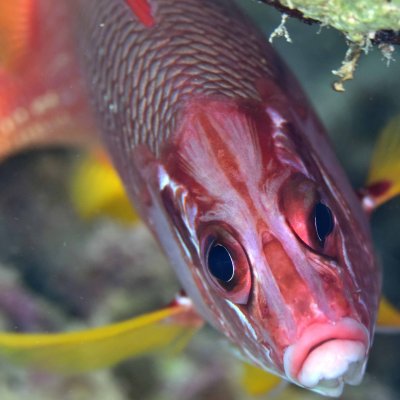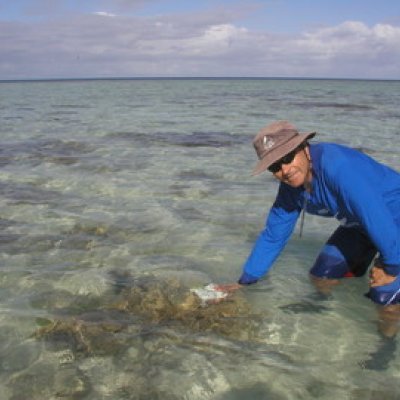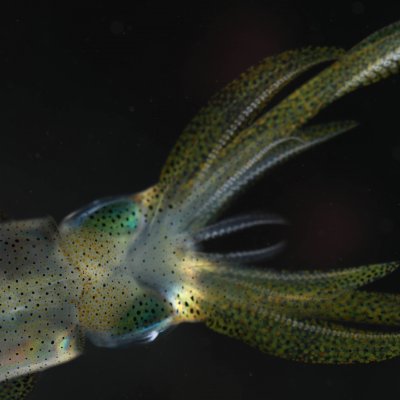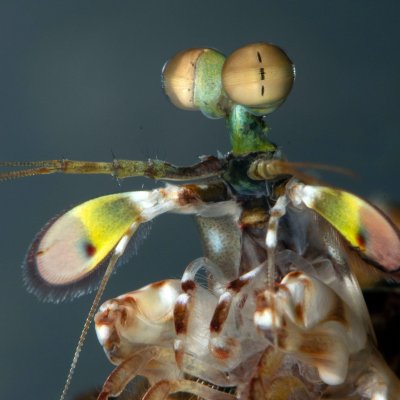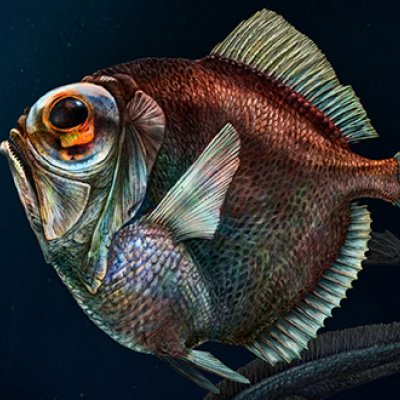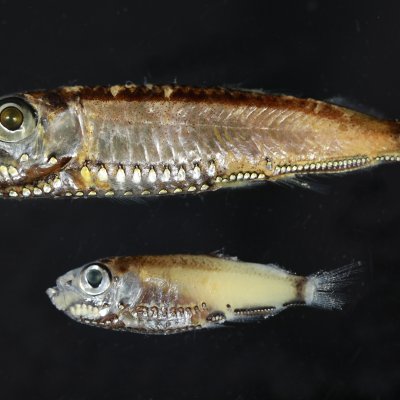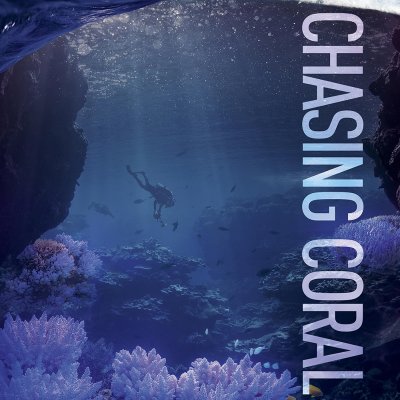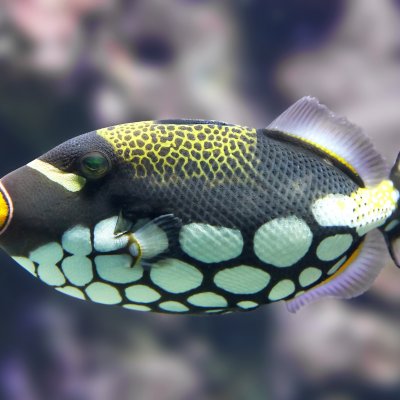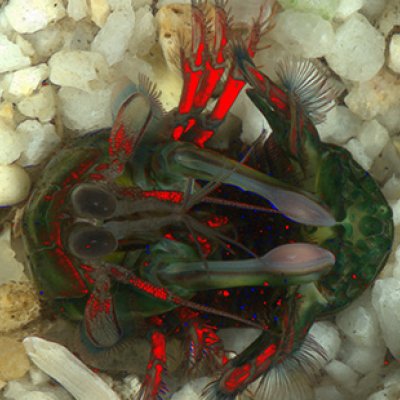The unique brainpower of octopuses – known for their intelligence and Houdini-like escapes – has been revealed by University of Queensland researchers.
22 November 2021To see – and survive – at night, some coral fish have developed visual adaptations that are similar to those of their cousins living in the ocean’s darkest depths, new research shows.
9 February 2021The Australian Academy of Science has elected Professor Justin Marshall and Professor Alan Rowan as Fellows for their sustained contributions to research and scientific endeavour.
25 May 2020We are closer to understanding the incredible ability of squid to instantly camouflage themselves thanks to research from The University of Queensland.
28 January 2020Pioneering discoveries about the ‘extraordinarily strange’ visual systems of shrimps - that could improve early detection of cancer - have been recognised with an international prize.
23 January 2020University of Queensland scientists have provided new insights into how the tiny brains of mantis shrimp are able to make sense of a breathtaking amount of visual input.
25 November 2019Fish living up to 1500 metres below the surface have developed surprisingly diverse vision that could help them determine predator from prey in the dimly-lit depths of their fish-eats-fish world.
10 May 2019A University of Queensland researcher will take to the high seas as part of an expedition aiming to help preserve the Great Barrier Reef.
20 November 2018The University of Queensland has a range of experts available to talk to media in relation to World Environment Day on 5 June and World Oceans Day on 8 June.
1 June 2018A new type of cell has been found in the eye of a deep-sea fish, and scientists say the discovery opens a new world of understanding about vision in a variety of light conditions.
9 November 2017University of Queensland researchers have developed new knowledge on how animals see and use colour, and how their colour vision has evolved.
4 August 2017A new Netflix documentary, Chasing Coral, is about to hit the world’s small screens.
14 July 2017A Swiss yacht on an epic research expedition to map the world’s oceans will host University of Queensland marine scientists on the Great Barrier Reef in March and April
22 March 2017Humans might have more in common with fish than previously thought, a new University of Queensland visual illusion study indicates.
17 October 2016Researchers at The University of Queensland have established that reef fish see colours that humans cannot.
21 September 2016Researchers at The University of Queensland have established that colourful coastal cephalopods are actually colourblind – but can still manage to blend beautifully with their surroundings.
14 September 2016The quality of research performed at The University of Queensland was recognised at last night’s (13 July) National Health and Medical Research Council (NHMRC) Research Excellence Awards in Canberra.
14 July 2016The University of Queensland is again Australia’s highest-ranking institution on the Nature Index, further strengthening its global reputation as a top-tier research organisation.
21 April 2016You can do it reef-walking, snorkelling or scuba diving. You can do it with the elderly or with kids. It’s a great way to spend your holidays, and you can help save the world’s coral reefs in the process.
14 December 2015The ocean is lighting up with secret forms of communication between marine animals that may have applications in satellite remote sensing, biomedical imaging, cancer detection and computer data storage, a team of Australian and international...
20 November 2015- 1 of 4
- next ›
 Image Wen-Sung Chung resized.jpg?itok=JOv8KuZY)
